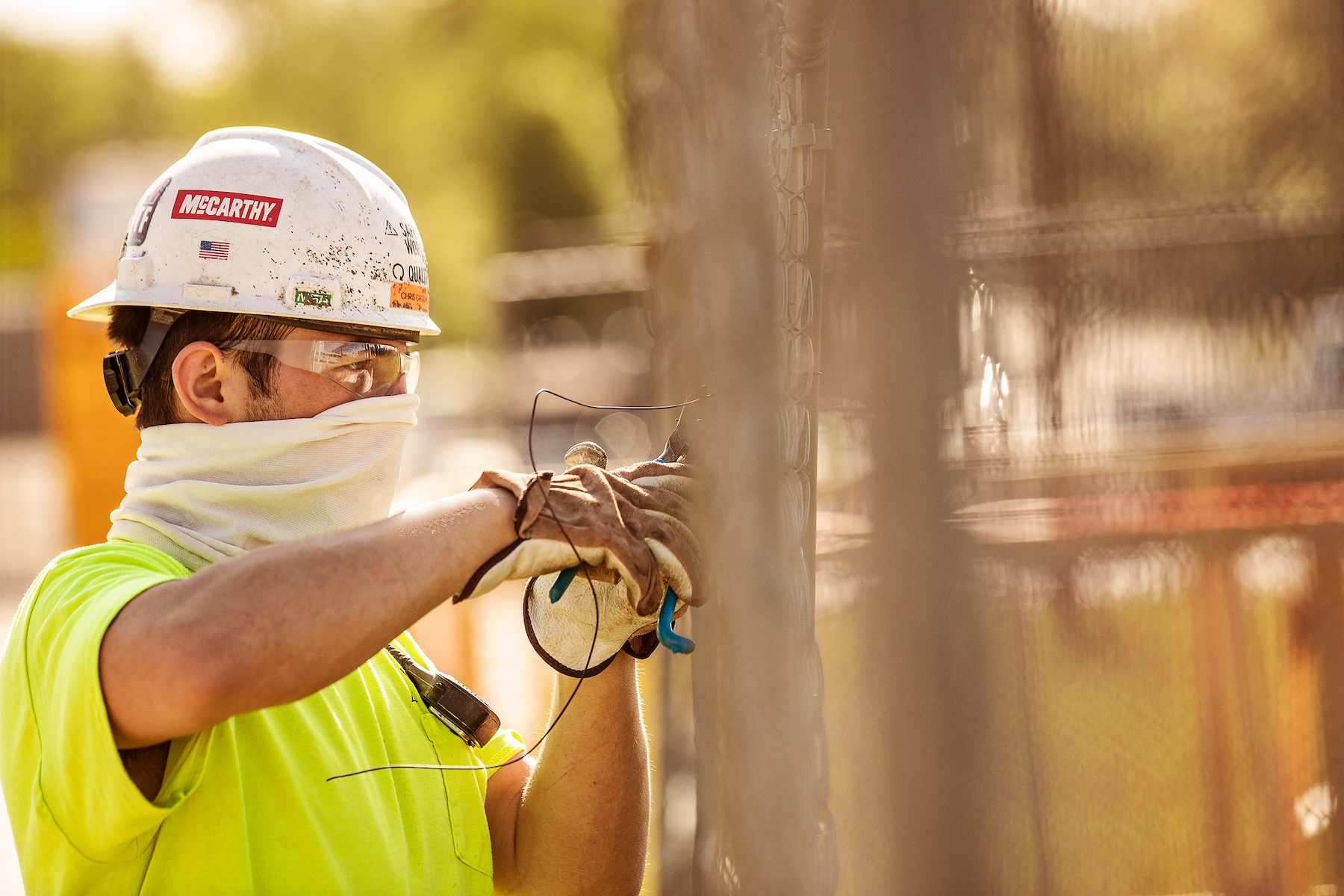New technologies have always driven the construction industry. From the first metal building to the laser pointer, technologies have been rapidly adopted by construction forms, and recent history proves the same focus is still there. Construction sites are safer, faster, and more efficient than ever because of the adoption of that tech. Buildings and other structures can be stronger, more energy-efficient, and safer too, and new technologies promise to make the sector one of the most tech-focused industries in the world. Here are the changes that construction firms need to focus on if they want to grow their brands in the near future.
Drone Tech
Already, construction firms are using drones in a wide variety of ways. As drone tech becomes less costly and easier to use, more and more construction sites will be framed by the work that those drones will be capable of. Site inspections are made faster and easier to manage with drones, and any potential site hazards can be identified quickly. Off-site, firms are using images produced by drones to keep clients updated on progress, and the most dangerous jobs in construction are now being delegated to drone pilots. This will change several roles in the construction sector, but workers are already being positioned to make learning drone piloting a priority.
3D Printing
There’s no end to the benefits of using 3D printing in the construction industry. From 3D printed models that can be shown to prospects to create bespoke parts and tools, firms have a lot of options. Construction is an industry that’s perfectly suited to increased use of 3D printing because the sector is reliant on existing information such as blueprints and schematics and detailed forecasts. The fact that the big firms are already using computer-aided manufacturing technologies means that the leap to 3D printing will not be as challenging as it is for other sectors. Faster builds, more efficiency, and less waste mean improved profits, which is only good news for growing construction companies.
New Materials
One area that construction is paying particular attention to is the demand and accessibility of entirely new materials. Those materials can be used in various ways, and the fact that they often reduce environmental impact is just the first in a long list of reasons why savvy construction companies are embracing those new materials. From extended building lifespan to reducing fuel bills and making property construction faster, innovative materials like super-hydrophobic cement and custom-designed polymers are simply accessible and cost-effective. When construction firms can have a direct line to polymer products manufacturing, build times can be drastically cut while being far more durable.
Automated Mechanicals
The heavy machinery on a construction site is very specialized and takes specific training to use. It’s no secret that self-driving cars and trucks are coming to our roads, but the impact of autonomous heavy machinery is largely overlooked. The technology is already being used, albeit sparingly, to carry out vital excavation work, but there are concerns about construction employment figures’ future. Just as self-driving trucks threaten drivers’ employment options, autonomous construction machinery will mean fewer workers needed on construction sites. However, as millennials enter the workforce in increasing numbers and are a generation adept at using digital devices, it may simply mean a shift in the skills needed to gain employment in construction.
Wearable Technologies
Worker safety has long been a priority for construction businesses. Now, workers are being offered the option of wearing devices that will improve site safety. Wearable tech can be worn on the body or embedded into PPE and site apparel, with the wearables having been fitted with environmental sensors and biometric readers. Geofencing prevents workers from entering unsafe areas, and alarms will be sounded should sensors indicate the presence of hazardous materials. These wearables can be automated, but they can also be monitored remotely, meaning fewer workers are required on the site. In terms of safety improvements, it’s hard to identify a more progressive step forward.
Software Developments
There are already software solutions that can help firms to manage almost every aspect of any construction project. Project management, pre-construction planning, scheduling, and field reporting are all made easier with the right software. These advances are allowing construction companies to streamline a wide range of processes, which drastically improves productivity. The vast majority of the software types being used are cloud-based, meaning that they make real-time collaboration and communication seamless.
There’s no disputing that technology continues to play a major role in construction. As that technology continues to evolve, the benefits for construction firms will only grow. For any construction firm not embracing the latest and most useful technology, the future could be very bleak indeed.




